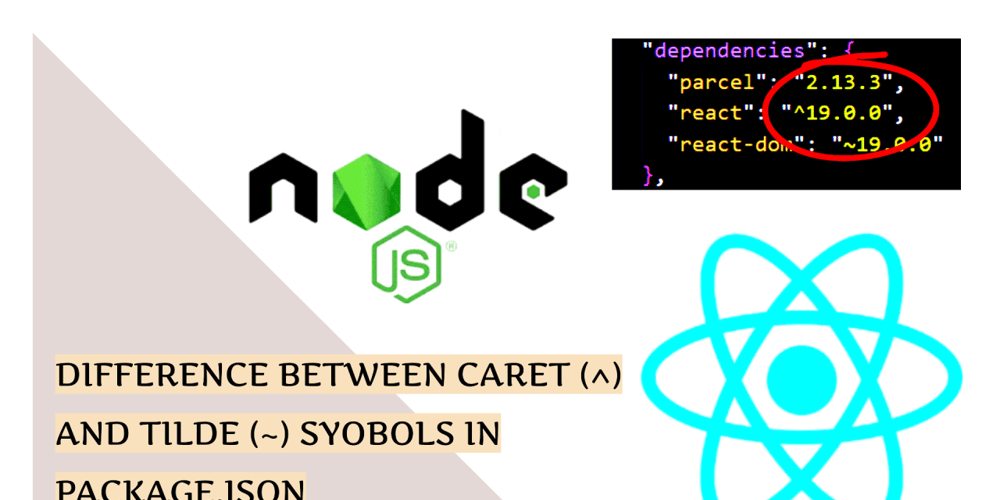Understanding the Future of AI-Driven SEO
Introduction: In today's rapidly evolving digital landscape, search engine optimization (SEO) has become an essential aspect of any successful online business. With the rise of artificial intelligence (AI), the future of SEO is set to undergo significant transformations. AI-driven SEO promises to revolutionize the way we approach website optimization, making it more efficient and effective. In this article, we will explore the advantages, disadvantages, and features of AI-driven SEO and understand its potential impact on the future of digital marketing. Advantages of AI-driven SEO: Increased efficiency: AI can analyze and process vast amounts of data in a fraction of the time it would take a human to do so, making SEO tasks more efficient and saving businesses time and resources. Improved user experience: By using AI algorithms, SEO can now provide personalized and relevant content to users, resulting in an enhanced user experience. Better keyword optimization: AI-driven SEO can identify and analyze the most relevant and high-performing keywords, improving website ranking and visibility. Disadvantages of AI-driven SEO: Initial cost: Implementing AI-driven SEO requires a significant investment in technology and resources, making it less accessible to smaller businesses. Lack of human touch: AI algorithms can be effective in analyzing data, but they lack the human touch and understanding that can be crucial in certain aspects of SEO, such as content creation. Features of AI-driven SEO: Voice search optimization: With the increasing popularity of voice search, AI-driven SEO can help businesses optimize their content for this new search method. Predictive analytics: AI can analyze search patterns and predict future trends, helping businesses stay ahead of their competition. Natural language processing: AI can understand and analyze natural language, making it easier to create SEO-friendly content that reads well for users. Conclusion: AI-driven SEO has the potential to fundamentally change the way we approach website optimization. While it offers numerous advantages and features, it is not without its limitations. However, as technology continues to evolve, we can expect AI-driven SEO to play an even more significant role in shaping the future of digital marketing. Businesses that embrace this technology and adapt their strategies accordingly will likely see significant benefits in terms of increased efficiency, improved user experience, and better search engine rankings.
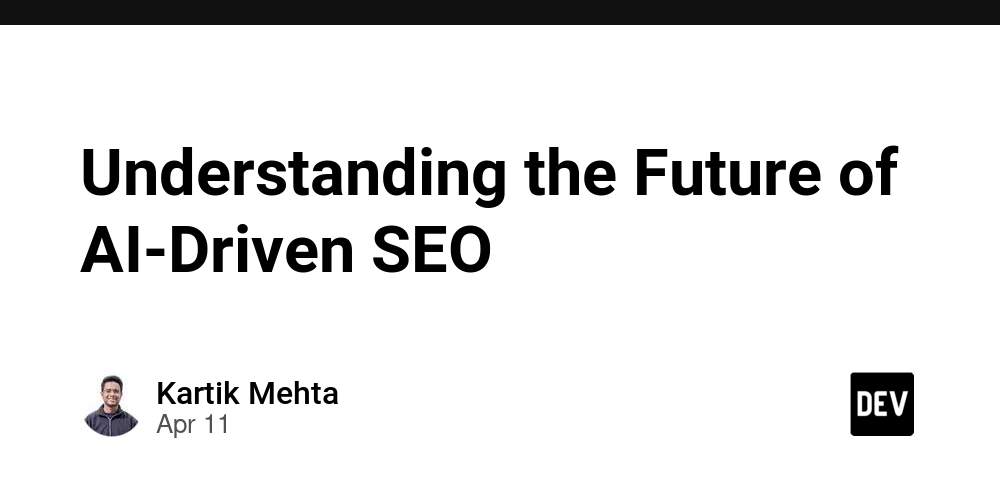
Introduction:
In today's rapidly evolving digital landscape, search engine optimization (SEO) has become an essential aspect of any successful online business. With the rise of artificial intelligence (AI), the future of SEO is set to undergo significant transformations. AI-driven SEO promises to revolutionize the way we approach website optimization, making it more efficient and effective. In this article, we will explore the advantages, disadvantages, and features of AI-driven SEO and understand its potential impact on the future of digital marketing.
Advantages of AI-driven SEO:
Increased efficiency: AI can analyze and process vast amounts of data in a fraction of the time it would take a human to do so, making SEO tasks more efficient and saving businesses time and resources.
Improved user experience: By using AI algorithms, SEO can now provide personalized and relevant content to users, resulting in an enhanced user experience.
Better keyword optimization: AI-driven SEO can identify and analyze the most relevant and high-performing keywords, improving website ranking and visibility.
Disadvantages of AI-driven SEO:
Initial cost: Implementing AI-driven SEO requires a significant investment in technology and resources, making it less accessible to smaller businesses.
Lack of human touch: AI algorithms can be effective in analyzing data, but they lack the human touch and understanding that can be crucial in certain aspects of SEO, such as content creation.
Features of AI-driven SEO:
Voice search optimization: With the increasing popularity of voice search, AI-driven SEO can help businesses optimize their content for this new search method.
Predictive analytics: AI can analyze search patterns and predict future trends, helping businesses stay ahead of their competition.
Natural language processing: AI can understand and analyze natural language, making it easier to create SEO-friendly content that reads well for users.
Conclusion:
AI-driven SEO has the potential to fundamentally change the way we approach website optimization. While it offers numerous advantages and features, it is not without its limitations. However, as technology continues to evolve, we can expect AI-driven SEO to play an even more significant role in shaping the future of digital marketing. Businesses that embrace this technology and adapt their strategies accordingly will likely see significant benefits in terms of increased efficiency, improved user experience, and better search engine rankings.






















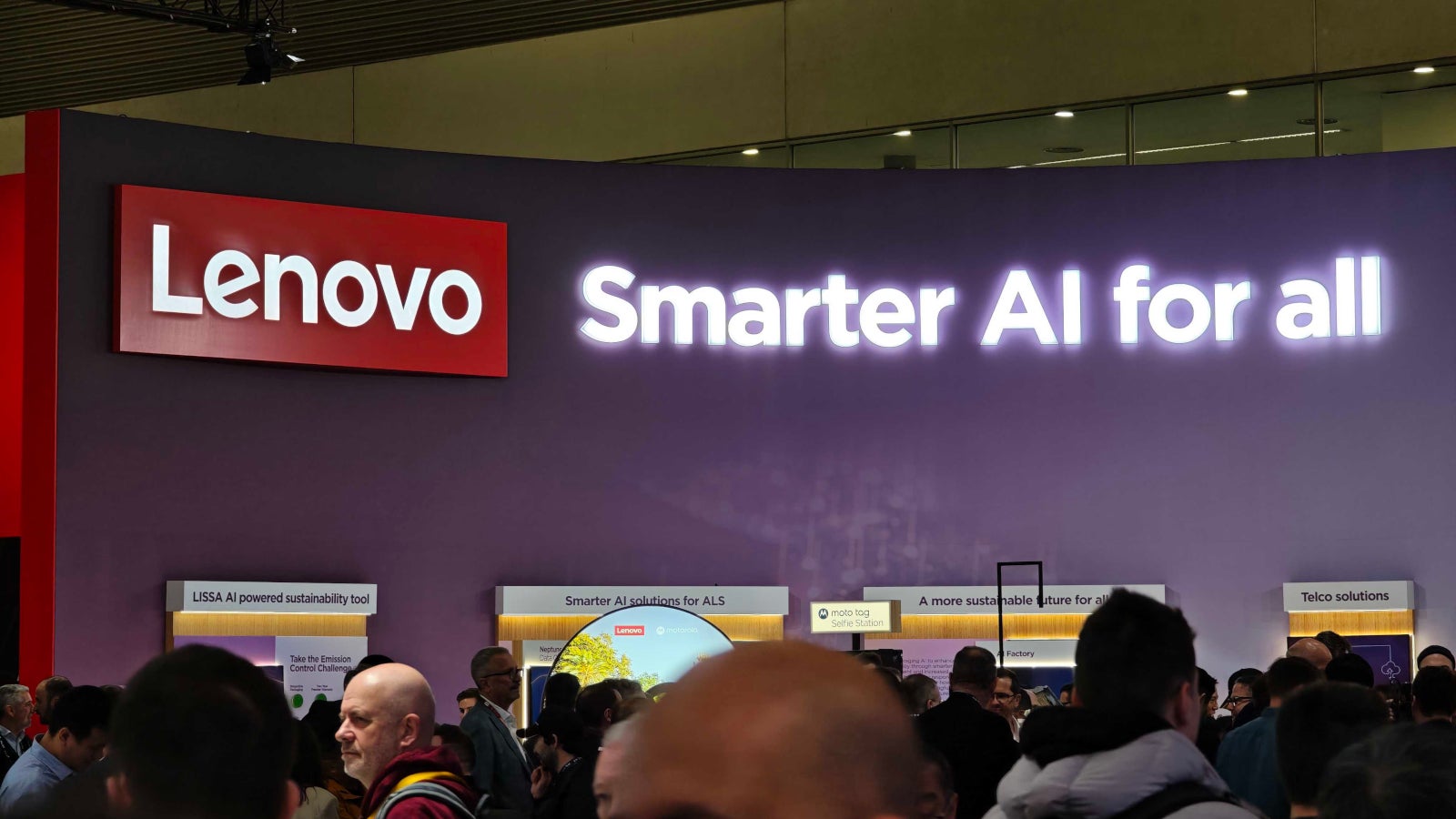





























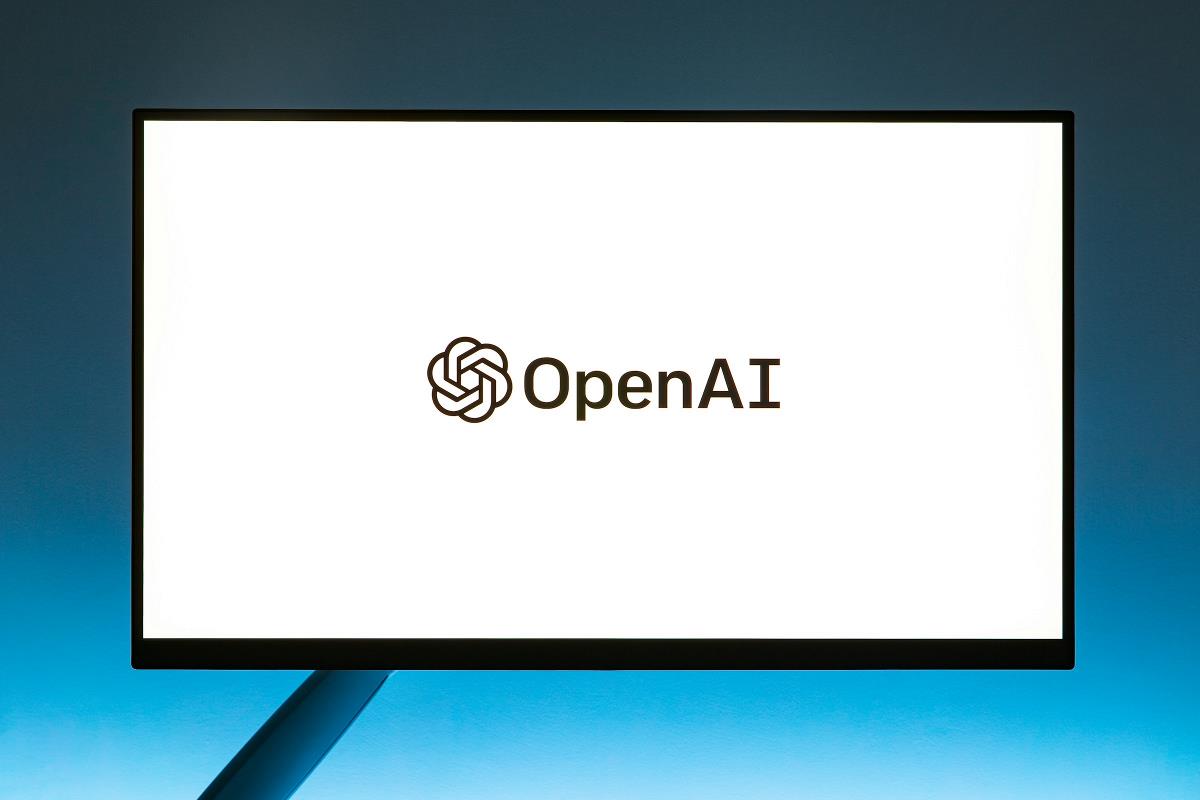















![New Beats USB-C Charging Cables Now Available on Amazon [Video]](https://www.iclarified.com/images/news/97060/97060/97060-640.jpg)
![Apple M4 13-inch iPad Pro On Sale for $200 Off [Deal]](https://www.iclarified.com/images/news/97056/97056/97056-640.jpg)














![Here’s the first live demo of Android XR on Google’s prototype smart glasses [Video]](https://i0.wp.com/9to5google.com/wp-content/uploads/sites/4/2025/04/google-android-xr-ted-glasses-demo-3.png?resize=1200%2C628&quality=82&strip=all&ssl=1)


















































































































































































![[The AI Show Episode 144]: ChatGPT’s New Memory, Shopify CEO’s Leaked “AI First” Memo, Google Cloud Next Releases, o3 and o4-mini Coming Soon & Llama 4’s Rocky Launch](https://www.marketingaiinstitute.com/hubfs/ep%20144%20cover.png)































































































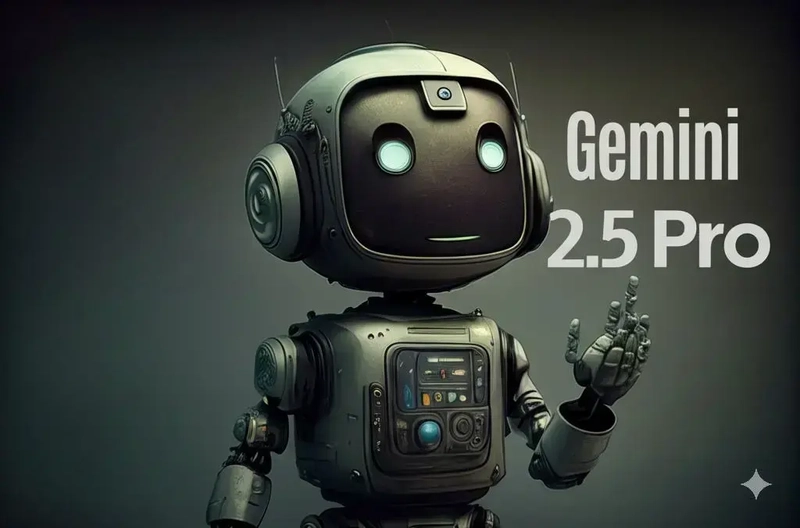
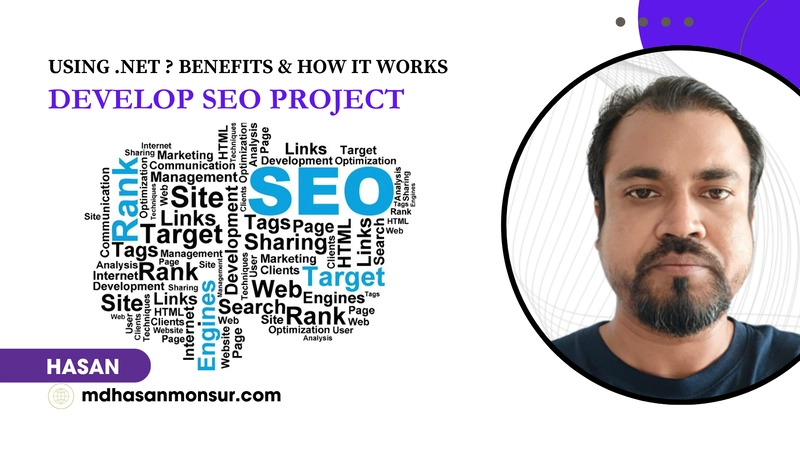








































































.png?width=1920&height=1920&fit=bounds&quality=70&format=jpg&auto=webp#)



























































